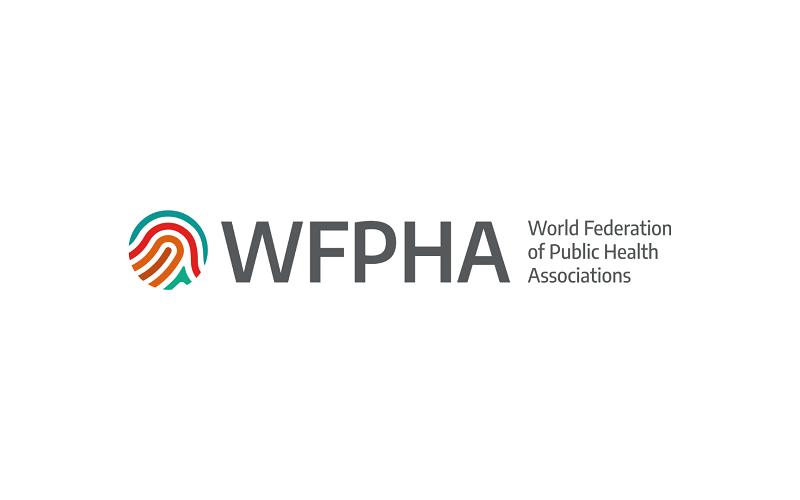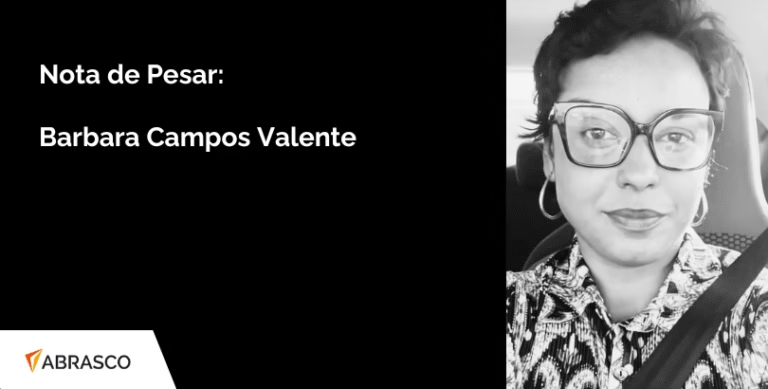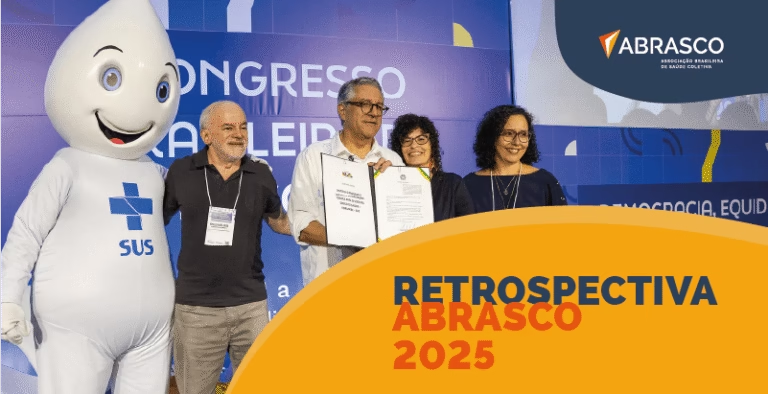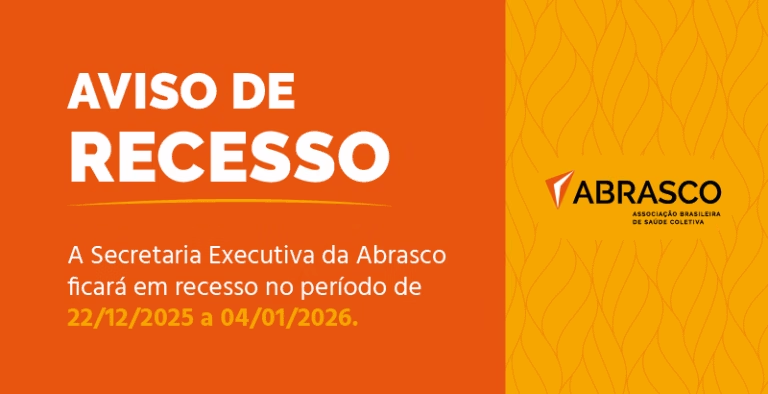
The current context is one of a severe crisis which harms health and calls into question the continuity of life on the planet: climate emergency, the threat of nuclear war, the persistence of Covid-19 and the risk of new pandemics, increase in poverty and hunger. There is no concrete action to mitigate the crisis on the part of the most potent global actors – whether large transnational corporations or the governments of major world powers. On the contrary, these actors continue their business, as usual, even knowing that this business model is ultimately responsible for the crisis. In this context, the challenges to assuring the right to health are enormous.
The good news is that civil society, committed to the collective interest, is very active. In the global health arena, the WFPHA has led or been a partner in the Public Health Leadership Coalition, the Sustainable Health Equity Movement, NGOs for Health Equity, the Geneva Global Health Hub, Peoples’ Summit, the World Health Network, and the Planetary Health Alliance.
By strengthening these networks, we can foster an agenda to promote Equity in Health, guided by the values of human rights and sustainable development.
There are three emergencies on this agenda:
1) Cease fire and immediate peace negotiations in all world regions experiencing war situations. In good time, the World Health Assembly adopted as its focus: “Health for Peace, Peace for Health”.
2) Control the Covid-19 pandemic, emphasising that it is impossible to “live” with it. The global health community must continue advocating for a “vaccine plus” approach.
3) Address the root causes of the crisis through a One Health approach and the strengthening of universal health systems.
This agenda can be built by acting at the same time:
– Within governmental and intergovernmental structures, urging for:
a) Respect to the International Covenant on Economic, Social and Cultural Rights, which was approved in 1966 and entered into force in 1976
b) Adoption of a pandemic treaty based on human rights, equity and solidarity
c) Holding of a High-Level Session during the 77th UNGA on Complex Determination and Comprehensive and Collaborative Response to the Covid-19 Syndemic
– Outside state and multilateral structures, strengthening the autonomous organisation of civil society
a) Decolonize civil society organisations, assuring diverse representations of gender, ethnic groups, world regions, and generations;
b) Unify the specific struggles of each sector of society – women, the elderly and the youth, Indigenous peoples, Black people, LGBT, ethnic minorities – with the general struggle for equality: recognition of differences and redistribution of wealth and power.
We should articulate the building of this agenda with the elaboration of the WFPHA Strategic Plan 2023-2027. I suggest two main sections for this new Plan:
- Analysis:
- Current world population health situation and future trends
- Global health governance:
- Assessment of the WFPHA’s
- Commitments:
- Renewal of mission, vision and core values
- Goals, intended outcomes and strategies
- Resources and responsibilities
To prepare this plan, I propose
- To engage all WG coordinators, GC members and AB members in the preparation of documents about
- Current health situation:
- Global health governance
- WFPHA’s performance
- To consult with all WFPHA’s full members about the analytic documents
- To engage the GC in the drafting of the mission, goals, and resources of the Federation
- To consultation with all WG and AB members as well as with WFPHA’s full members about the preliminary text of Strategic Plan 2023-2027
- To submit the Strategic Plan to consideration the GC and GA in May 2023
*Fala proferida durante Assembleia Geral da WFPHA, realizada em 19 de maio de 2022





